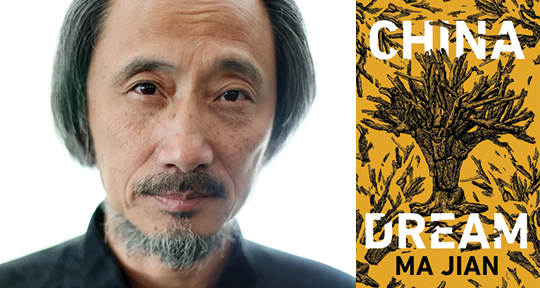Senior Copy Editor Anna Aresi recently translated a selection of Laura Corraducci’s poems for The Antonym.
Various Wanted. An (almost) missing original and five—literary, computational and visual—translations, the latest collection by Chris Tanasescu, aka MARGENTO, Editor-at-Large for Romania and Moldova, co-authored with Steve Rushton and Taner Murat, has recently been described by Servanne Monjour at the Sorbonne as “a pioneering translation using topic modeling for the very first time.“
Editor-at-Large for Sweden Eva Wissting was longlisted for ROOM Magazine’s annual poetry contest. She has also had essays published in Nordic literary journal Kritiker, issue #61-62, and Finland-based cultural journal Horisont, issue #2021:3.
Educational Arm Assistant Katarzyna Bartoszyńska recently published a book review of Nastassja Martin’s In The Eye of the Wild at the KGB Bar Lit Mag.
Director of the Educational Arm Kent Kosack has new essays in Minor Literature[s] and the Cincinnati Review.
Copy Editor Nadiyah Abdullatif recently published a short extract of her English co-translation, with Anam Zafar, of Lebanese author Lena Merhej’s hit graphic novel Mrabba wa Laban at The Markaz Review. READ MORE…


